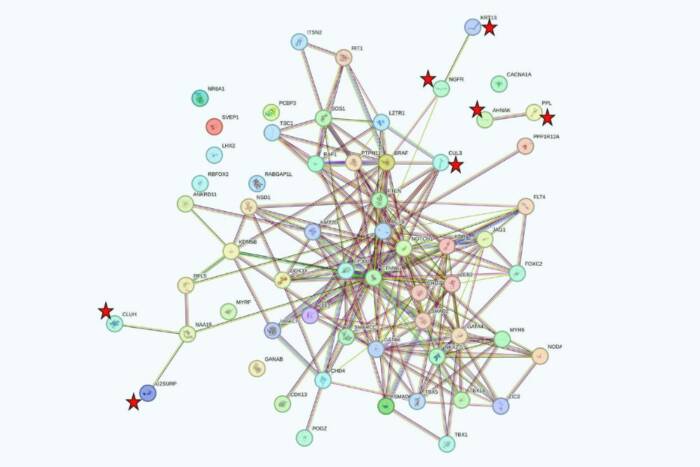Global ranking places Rockefeller ahead of 1,300 universities in two key measures of scientific impact
A comparison of more than 1,300 universities worldwide has found that Rockefeller University ranks first place in two key categories that measure the impact of its research and the transfer of knowledge to the private sector. The results, which were released April 4 by the European Commission–funded organization U-Multirank, demonstrate that Rockefeller continues to lead the world when it comes to high-impact, transformative research in the biosciences.
 In a measure of international research impact, Rockefeller ranked first for the proportion of its investigators’ publications that are in the top 10 percent of those most frequently cited worldwide. The ranking, which compares publications to those published in the same field and in the same year, placed Rockefeller above much larger institutions, including MIT, Stanford, and Harvard.
In a measure of international research impact, Rockefeller ranked first for the proportion of its investigators’ publications that are in the top 10 percent of those most frequently cited worldwide. The ranking, which compares publications to those published in the same field and in the same year, placed Rockefeller above much larger institutions, including MIT, Stanford, and Harvard.
Rockefeller also received the top spot in a size-normalized ranking of the number of patents awarded, a measure of the degree to which discoveries and inventions made are transferred for further commercial development.
Now in its third year, U-Multirank was established by the European Commission as a way to compare international universities across five broad dimensions: teaching and learning, research, knowledge transfer, international orientation, and regional engagement. The data included in the rankings are drawn from a number of sources, including information supplied by international bibliometric and patent databases. This year’s edition of the survey is the largest since U-Multirank launched, including universities from over 90 countries.
Rockefeller also excelled in measures related to international collaboration, regional engagement, and overall scientific output, the results show.
The rankings can be accessed online using an interactive tool that can provide details into the underlying data. U-Multirank’s multidisciplinary approach is intended to provide a tool for students, university leaders, and businesses to help drive decision-making.


